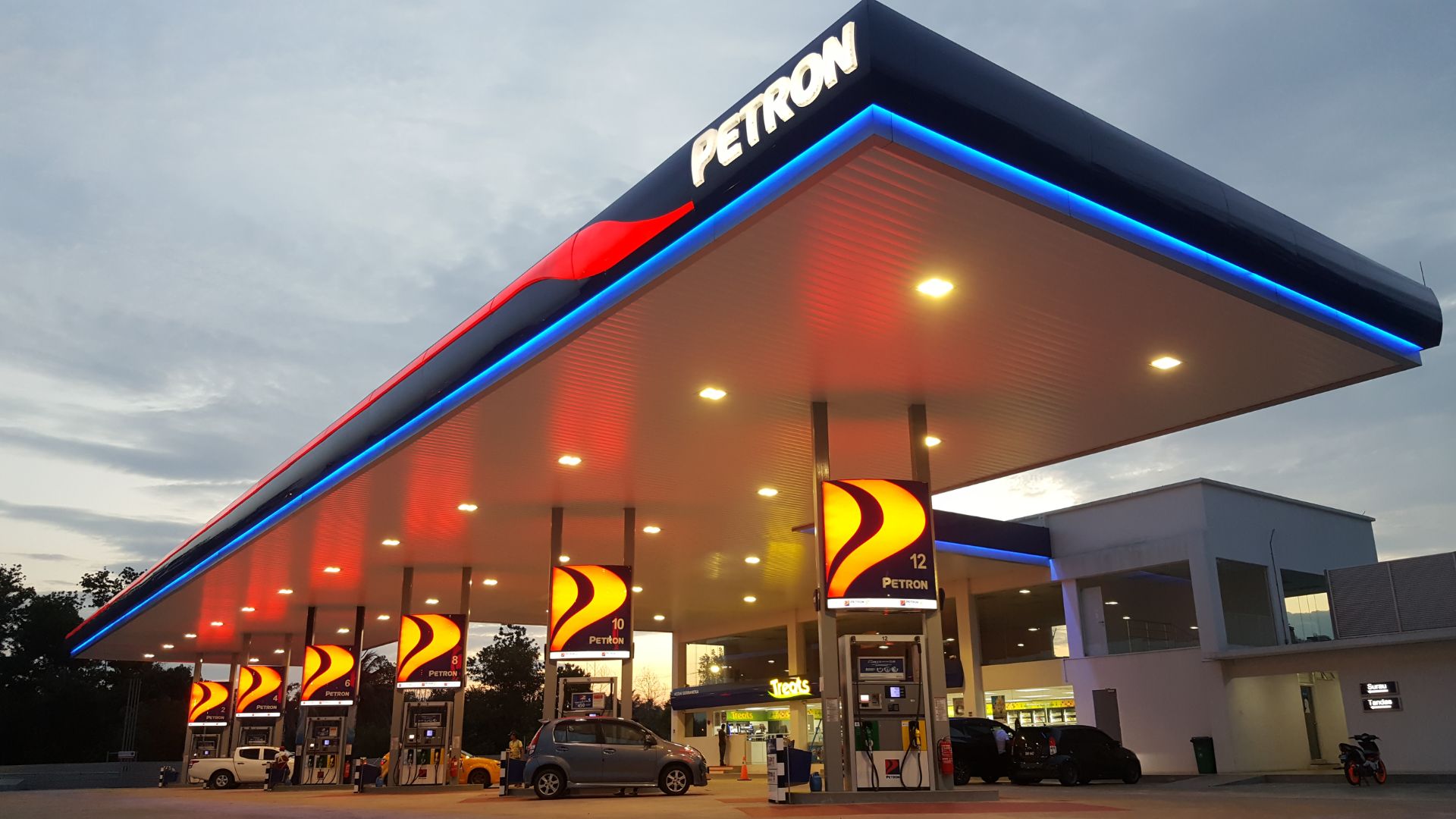Petron doubles 1Q net income
- May 5, 2022
- 0

Petron Corporation recorded a net income of Php3.6 billion in the first quarter of 2022, more than double its Php1.73 billion net income in the same period last year.
The company’s consolidated volumes from the Philippines, Malaysia, and its trading unit in Singapore grew by 34%to 25.67 million barrels in the first quarter due to higher demand and the easing of mobility restrictions.
Petron said its retail segment in the Philippines recorded a seven percent increase while its commercial volumes, which include the sales of jet fuels and lubricant products, recorded a 50% increase due to improving economic activity and gradual resumption of local and international travels. Domestic sales likewise jumped by 43%.
Petrochemical volumes rose by around 30% brought about by the increased demand for resin used for personal protective equipment and online deliveries. Fueled by the demand growth and higher prices of petrochemicals, Petron resumed operations of its polypropylene plant in January 2022 after a two-year shutdown.
With the recovery in demand and higher international prices, the oil giant’s consolidated revenues leaped to Php172.33 billion from last year’s Php83.31 billion. The company cited that Dubai crude reached an average of $95.60 per barrel during the period due to supply concerns triggered by the Russia-Ukraine conflict.
“Our efforts to increase our financial resilience, improve our efficiencies, and strengthen our brand equity have all yielded positive results. Two years into this pandemic, we now find ourselves in a position of renewed strength and confidence as we continue to navigate the industry with the same caution and prudence that helped us turn our financial performance around,” Petron President and CEO Ramon Ang said in a statement.
Petron will be focusing on expanding its reach and broadening its offering in anticipation of future demand.
The company’s 184-megawatt power plant, located inside its refinery in Limay, Bataan, is set to be completed this year. This would make the country’s lone refinery self-sufficient in terms of power requirements and at the same time, supply 40 % of the country’s fuel demand.
“These initiatives and more are meant to ensure the growth and sustainability of our business in the years to come. For us, the challenge ahead is not just to keep growing in terms of size but also to make a more significant impact in addressing environmental issues and building a better world for the next generations,” Ang said.